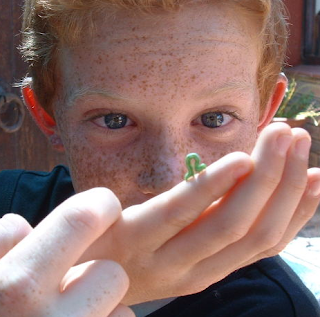Srećan Uskrs svim pratiocima LearnSerbian.Blogspot.com Bloga :)
Happy Easter to all the followers of LearnSerbian.blogspot.com blog :)
Here's the link to the pronunciation of Happy Easter in Serbian (Srećan Uskrs) and
a commonly used phrases: Hristos vaskrse! Vaistinu vaskrse!
I hope you enjoyed listening to the beautiful Easter song and preparing an Easter bunny cake. Now, if you'd like to reward yourself, find out about Serbian School Easter Egg Hunt by joining "Learn Serbian Podcast" FaceBook group and reading about the prizes and how to claim them:
Happy Easter to all the followers of LearnSerbian.blogspot.com blog :)
Here's the link to the pronunciation of Happy Easter in Serbian (Srećan Uskrs) and
a commonly used phrases: Hristos vaskrse! Vaistinu vaskrse!
I hope you enjoyed listening to the beautiful Easter song and preparing an Easter bunny cake. Now, if you'd like to reward yourself, find out about Serbian School Easter Egg Hunt by joining "Learn Serbian Podcast" FaceBook group and reading about the prizes and how to claim them:

.png)



























